WHAT DOES CR INVOLVES?
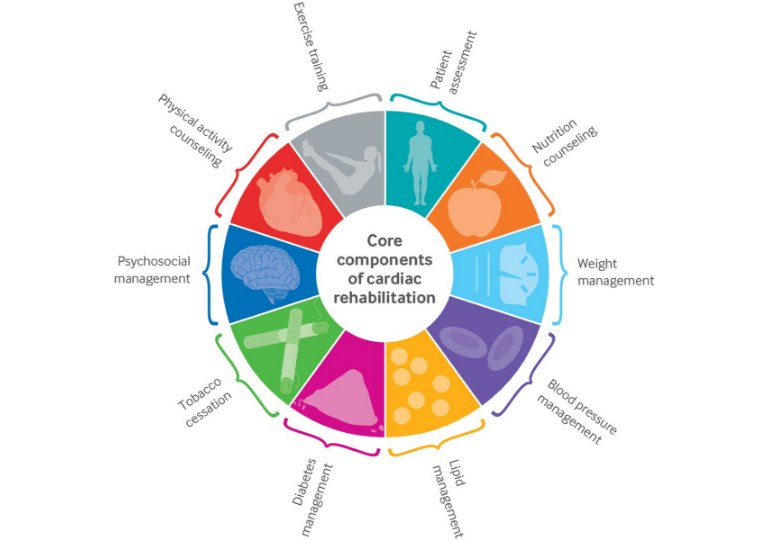
Image 1: Components of cardiac rehabilitation, Source: shop64002.thuocxoang.net
Cardiac rehabilitation involves different areas that are majorly focused on to provide satisfactory and reliable outcomes for the patient. CR includes a variety of components as briefly discussed below:
Initial patient assessment

Image 2: General assessment, source: linkedin.com
Initially a cardiac rehab specialist will offer you a complete physical and medical assessment. You will be asked to take certain investigatory tests like below for accurate diagnosis:-
- Blood tests
- Ecg (Electrocardiogram)
- Echo (Echocardiogram)
- Angiography
- X-ray etc
They will discuss and prepare short and long term goals and strategies for your health progress. You will be able to communicate with the specialist regarding your worries and doubts.
Exercise Prescription and Training
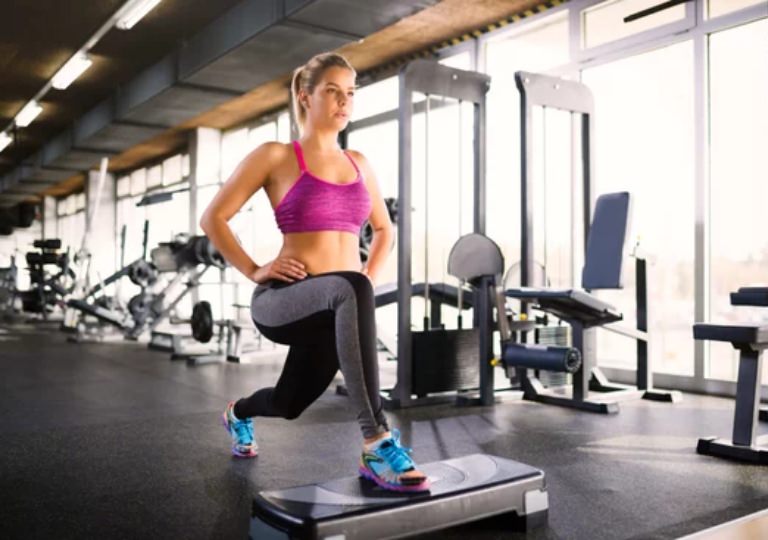
Image 3: Cardiac exercise training, Source: www.popsugar.co.uk
An individualized exercise training program will be generated typically lasting for about 3-4 months, with each session lasting from 45 min to 1 hour depending on the goals you achieved. Different types of exercises will be included like resistance, strengthening and endurance training.
During each session vitals like heart rate, pulse, blood pressure and oxygen consumption is recorded to keep a track of your health vitals.
During group sessions you will be able to interact and meet other individuals with similar experiences, this might boost your confidence and excitement to give more effort. Cardiac rehabilitation after surgery starts from the very first day in the hospital and it continues even after your discharge.
Physical and psychological lifestyle counseling
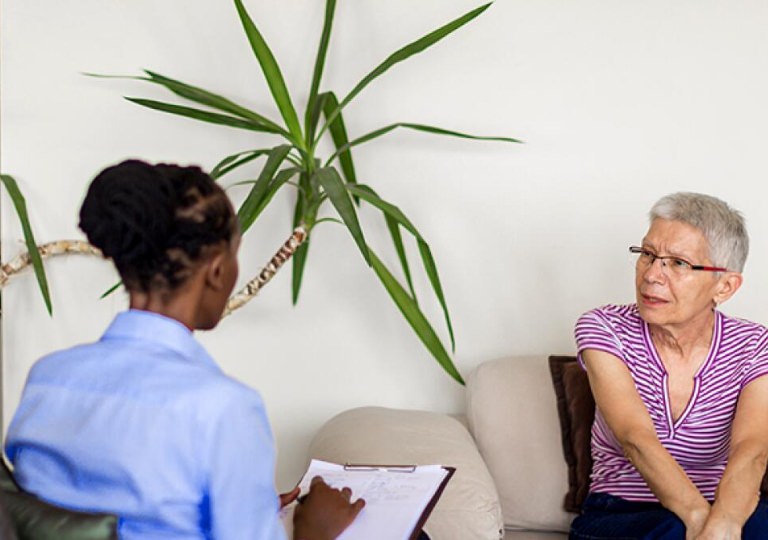
Image 4: Counseling sessions, Source: www.healthgrades.com
Counseling on your physical health and mental well being will be provided throughout your program. This will enhance your ability to perform and will provide you with different methods of coping with situations like stress and anxiety. You will have an opportunity to ask your questions and discuss your difficulties with your counselor. He will provide you with insights for facing challenges. Your counselor will assist you in elimination or at least reducing the harmful behaviors like alcohol or substance abuse.
Weight, blood pressure, diabetes and lipid management
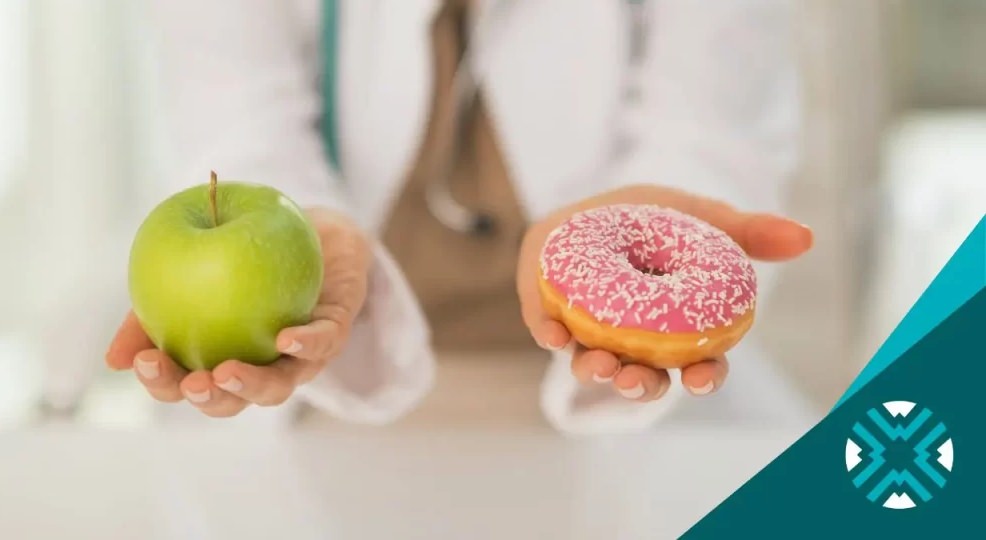
Image 5: Diet management, Source: bestmedclinics.com
A combination of diet, behavioral and exercise programs will be prepared by your health expert to help you reduce your everyday total calorie intake and maintain appropriate intake of nutrients. Food items having high cholesterol and lipid levels are to be avoided and a mediterranean diet should be encouraged. Too much sweet and sugar intake is bad for health. Your nutritionist will help you in preparing a diet plan that includes an appropriate amount of salt, sugar and cholesterol intake.
A Continuous record of your weight, lipids and sugar levels will be kept to understand the progress and other necessary modifications that are needed to be done for achieving the set goals.
Tobacco cessation
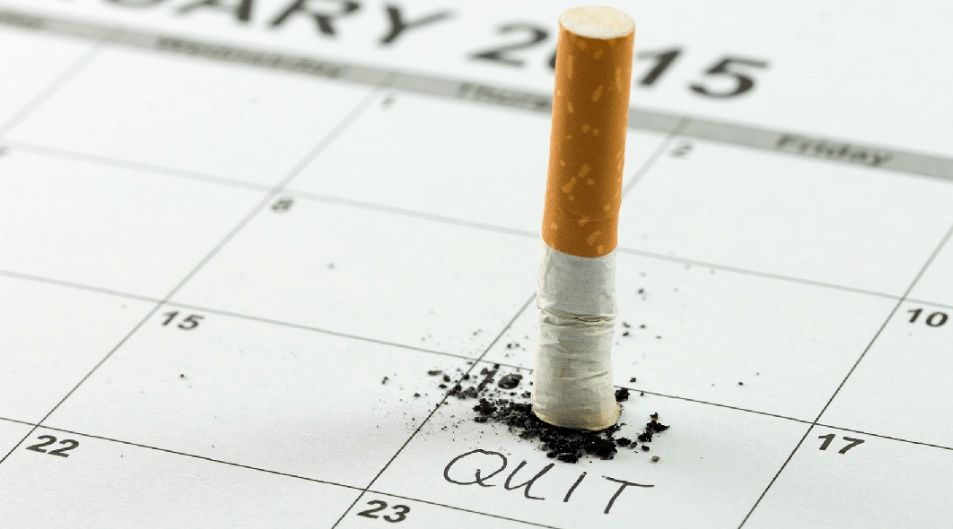
Image 6: Tobacco cessation, Source: sabkadentist.com
Advice, support and counseling is provided to you to help you quit smoking. Though it is difficult to quit, the CR experts help you find a healthy alternative to it.
Cardiac rehab is a team effort where a group of specialized doctors, physical therapists, psychologists, Nutritionist and other paramedics provide their best solution for improving your heart’s health. They design a program that aims to limit the stress of cardiovascular diseases (CVD), reduce deaths secondary to CVD, and improve heart functions.
Cardiac rehab also helps you achieve your highest quality of life possible by providing psychological support to handle situations of anxiety, depression and mood swings which may be interrelated to an underlying cardiac disease. It benefits you regardless of your age, gender or health issue (major or minor).
Another major aspect of cardiac rehab is self monitoring, which is considered an important part of life for maintaining a healthy body and it might not be possible for you to record your heart rate, blood pressure, oxygen level and weight on a regular basis, moreover a correct technique and correct data is required for the same. If not done the right way, the wrong data can suggest wrong health predictions.
This issue of monitoring can be resolved by undertaking a cardiac rehabilitation program. Monitoring your vitals before, during and after session is an important part of the rehabilitation programme that will not only provide you the idea of your body’s response to exercise but will also help in comparing your progress after completion of the programme. If you are not able to attend the program in person, other options like home based cardiac programs are good alternatives.
